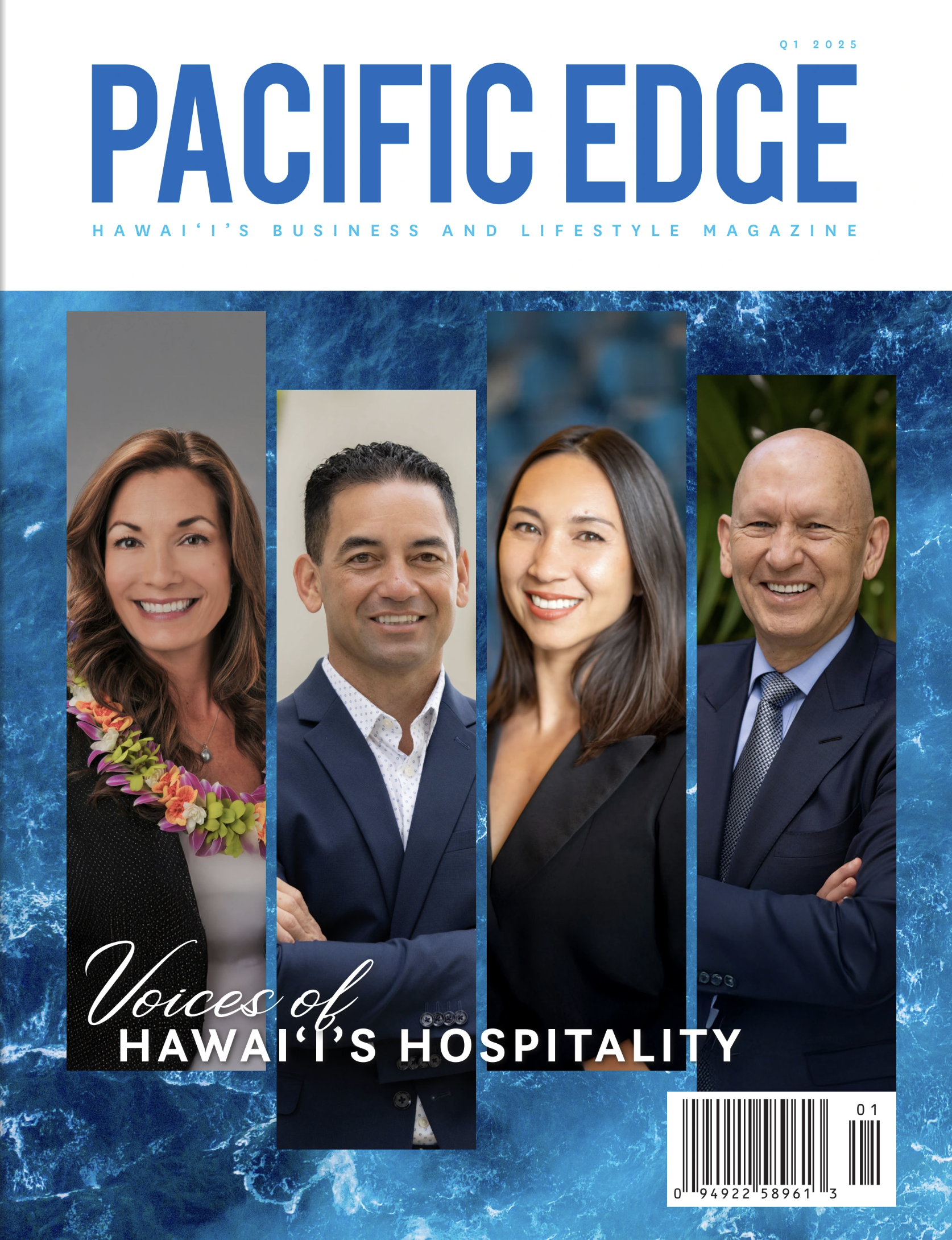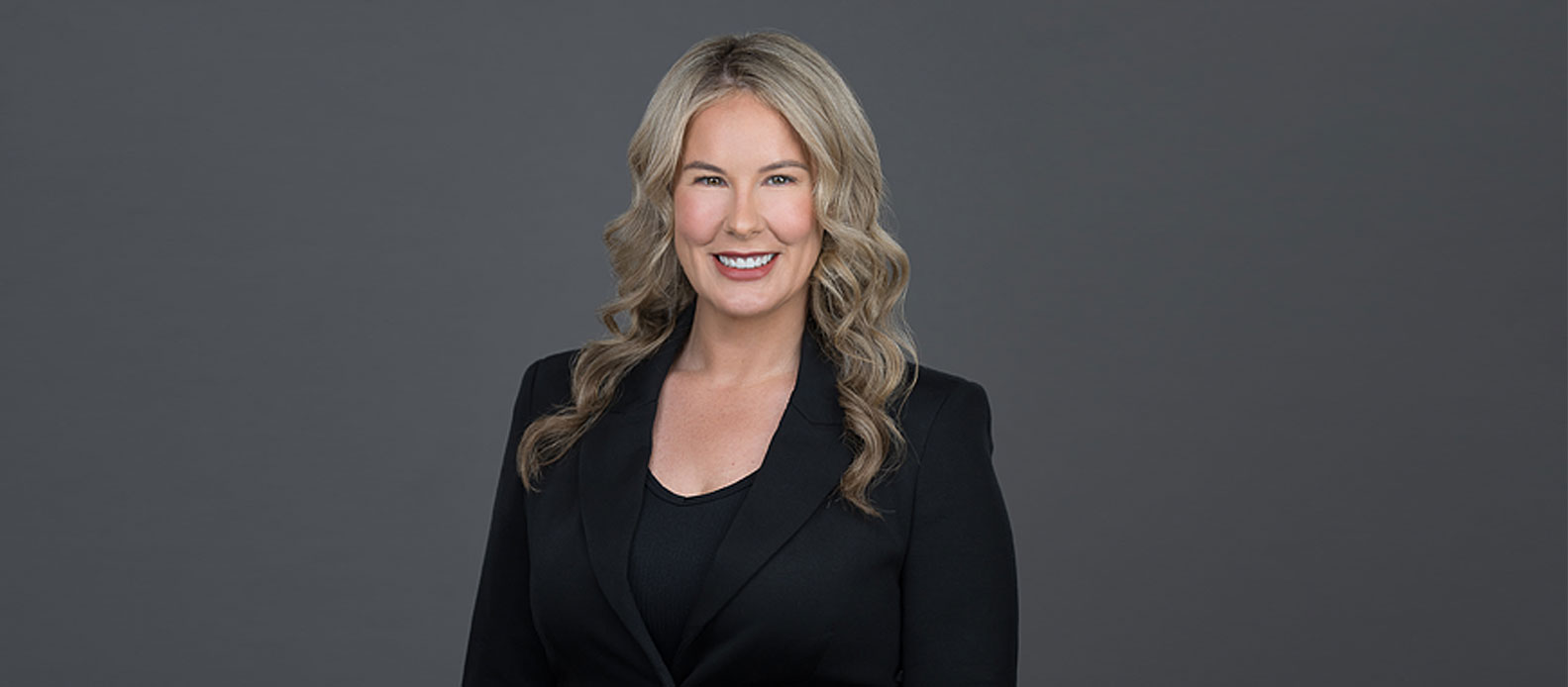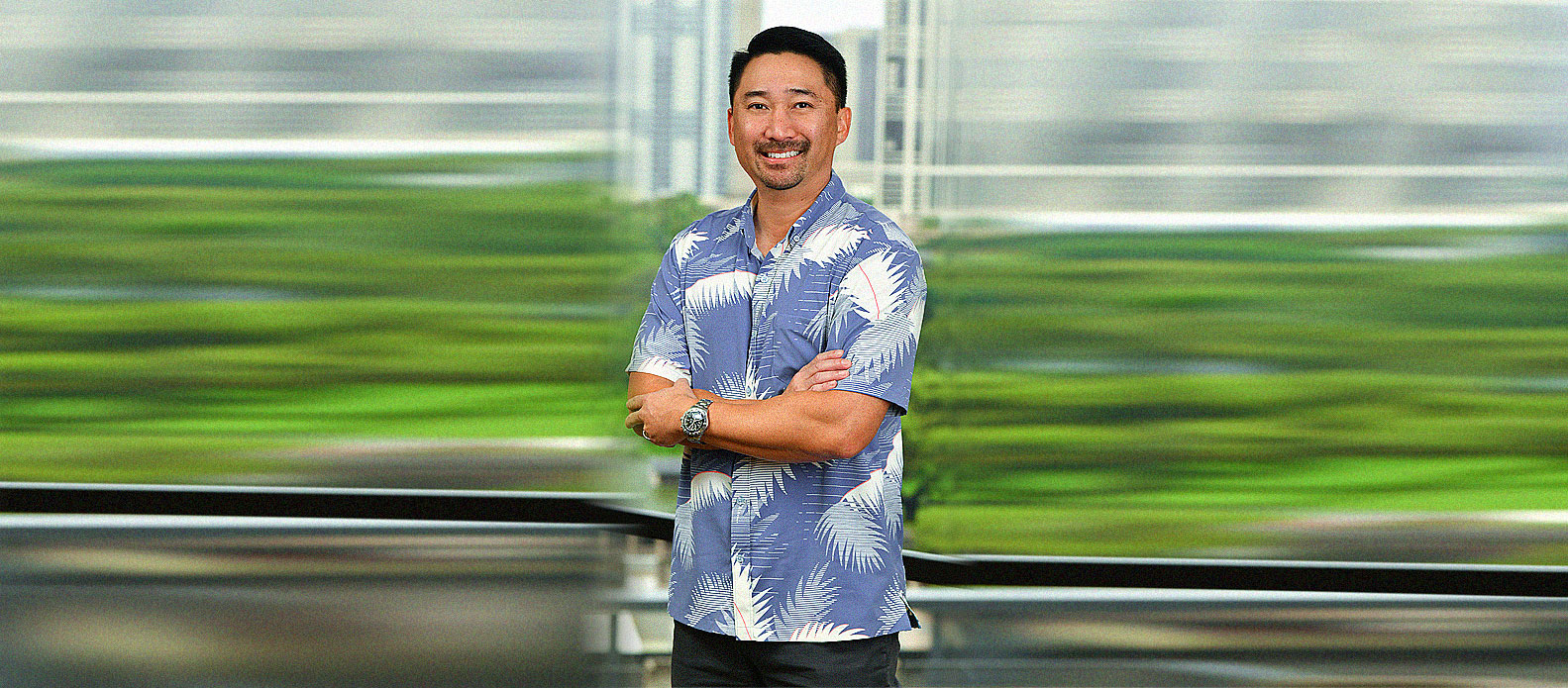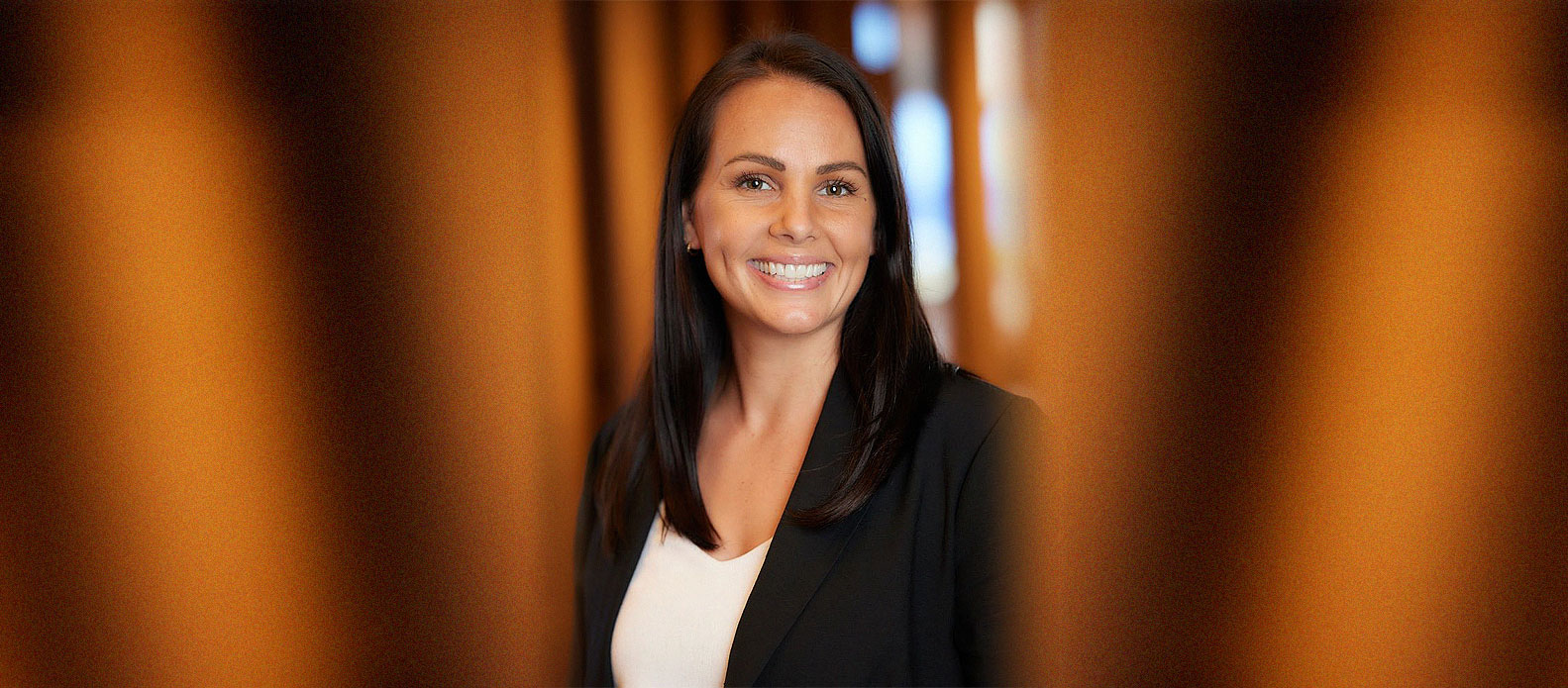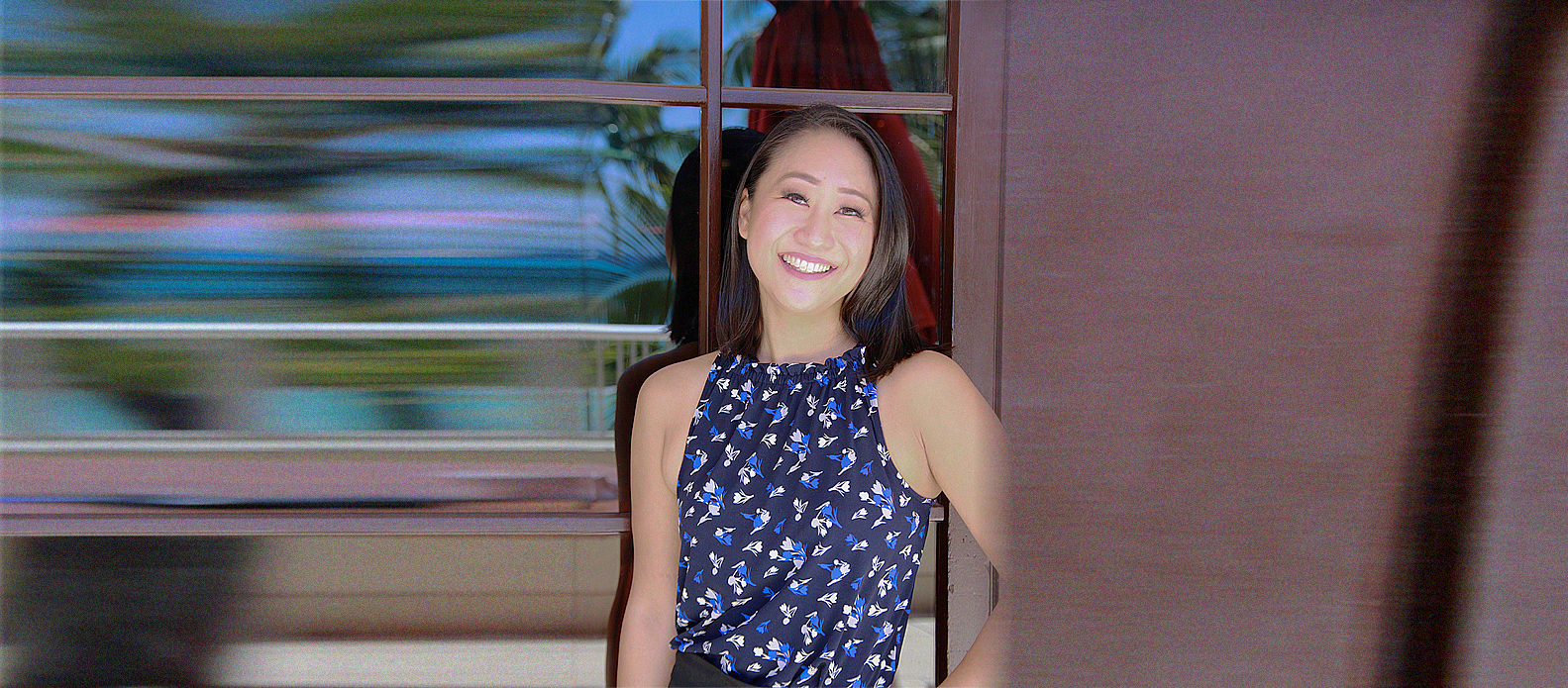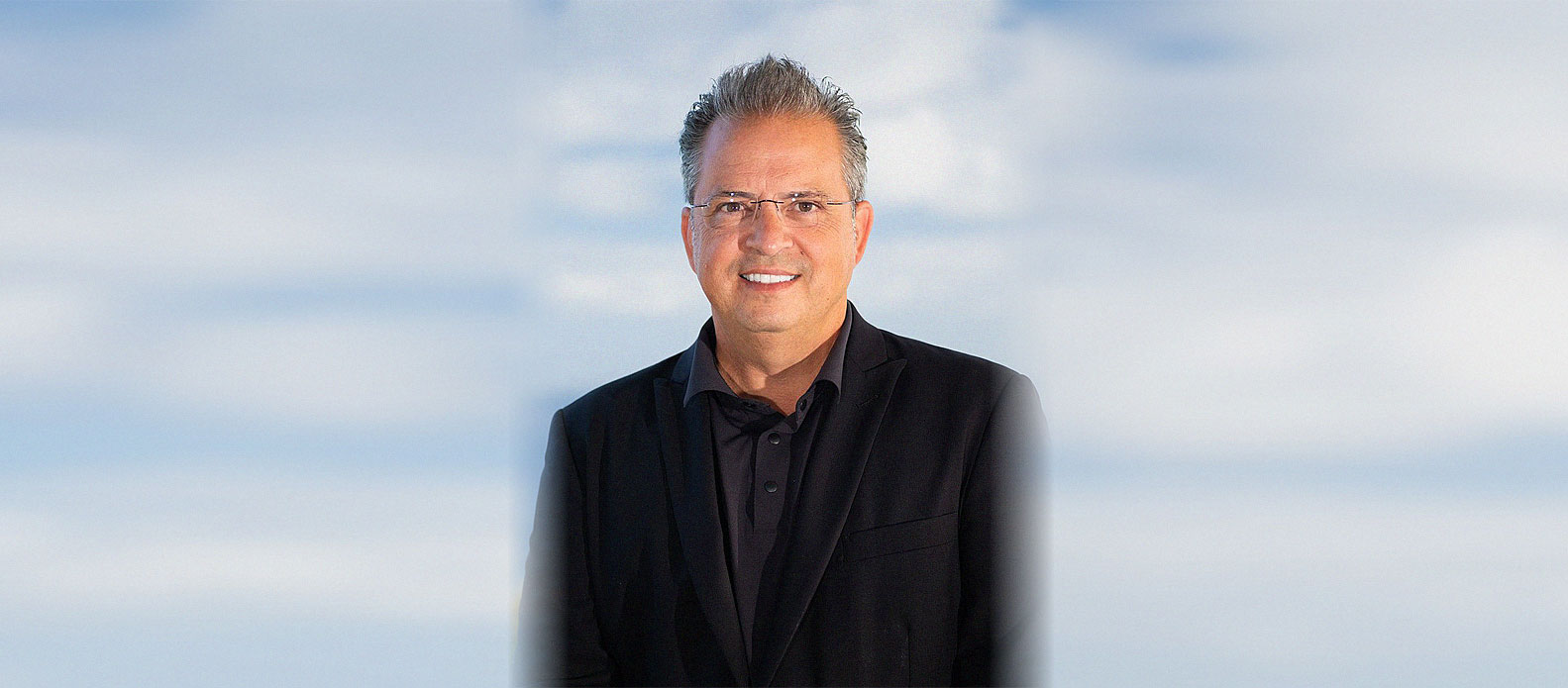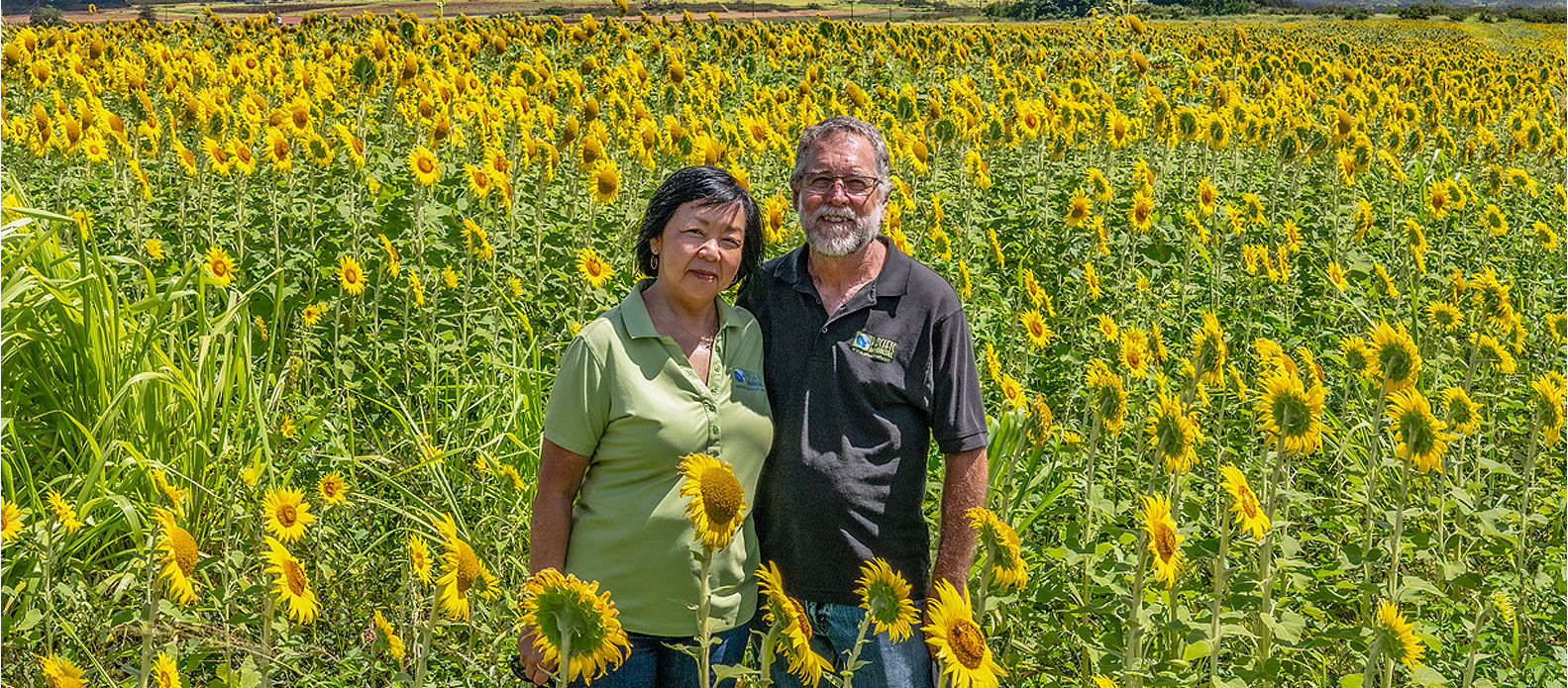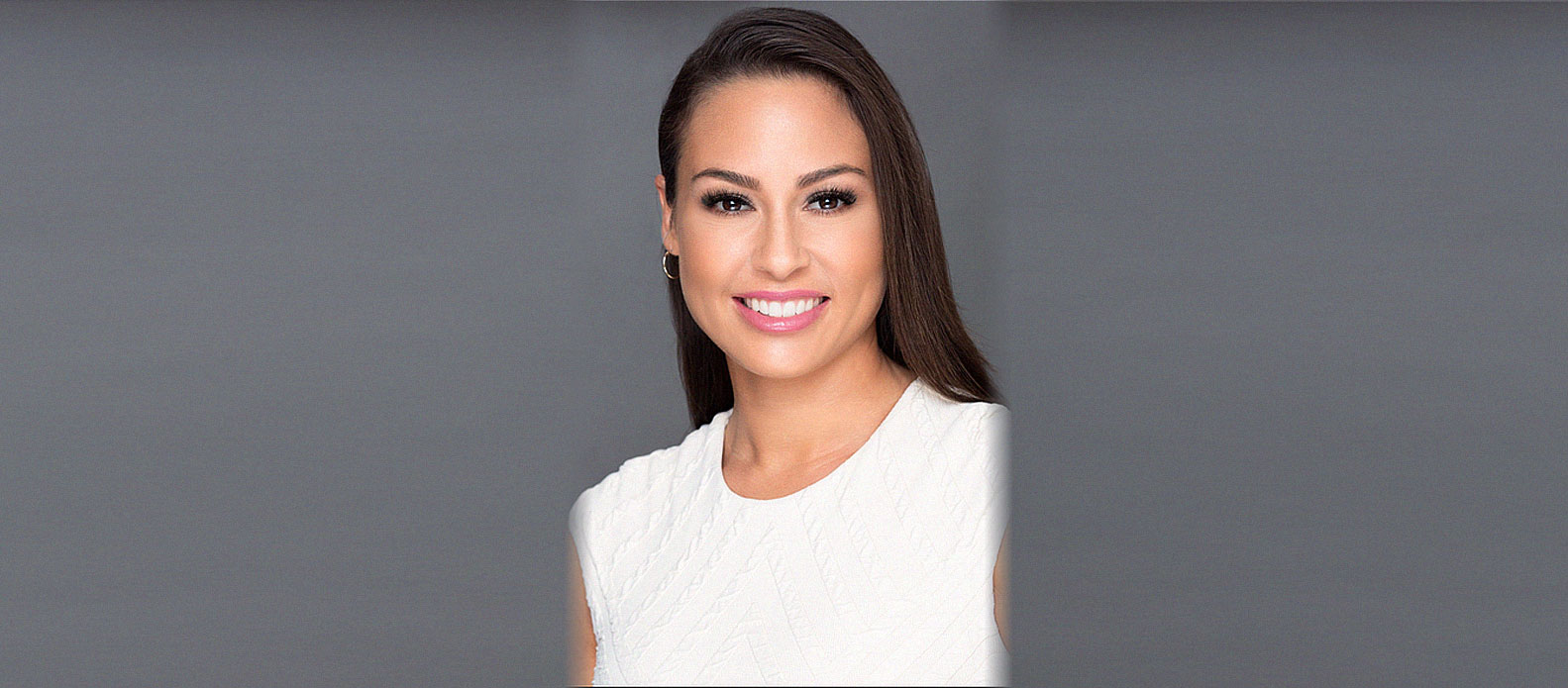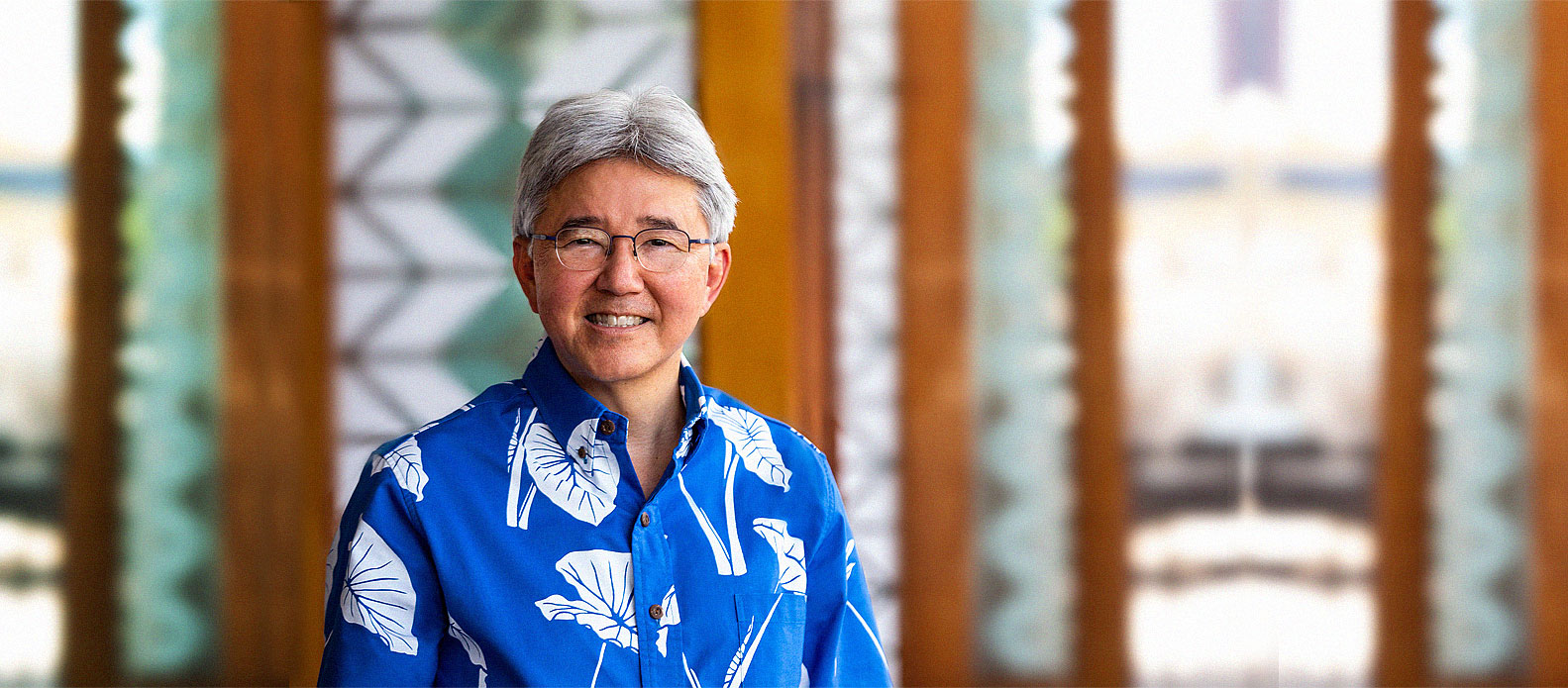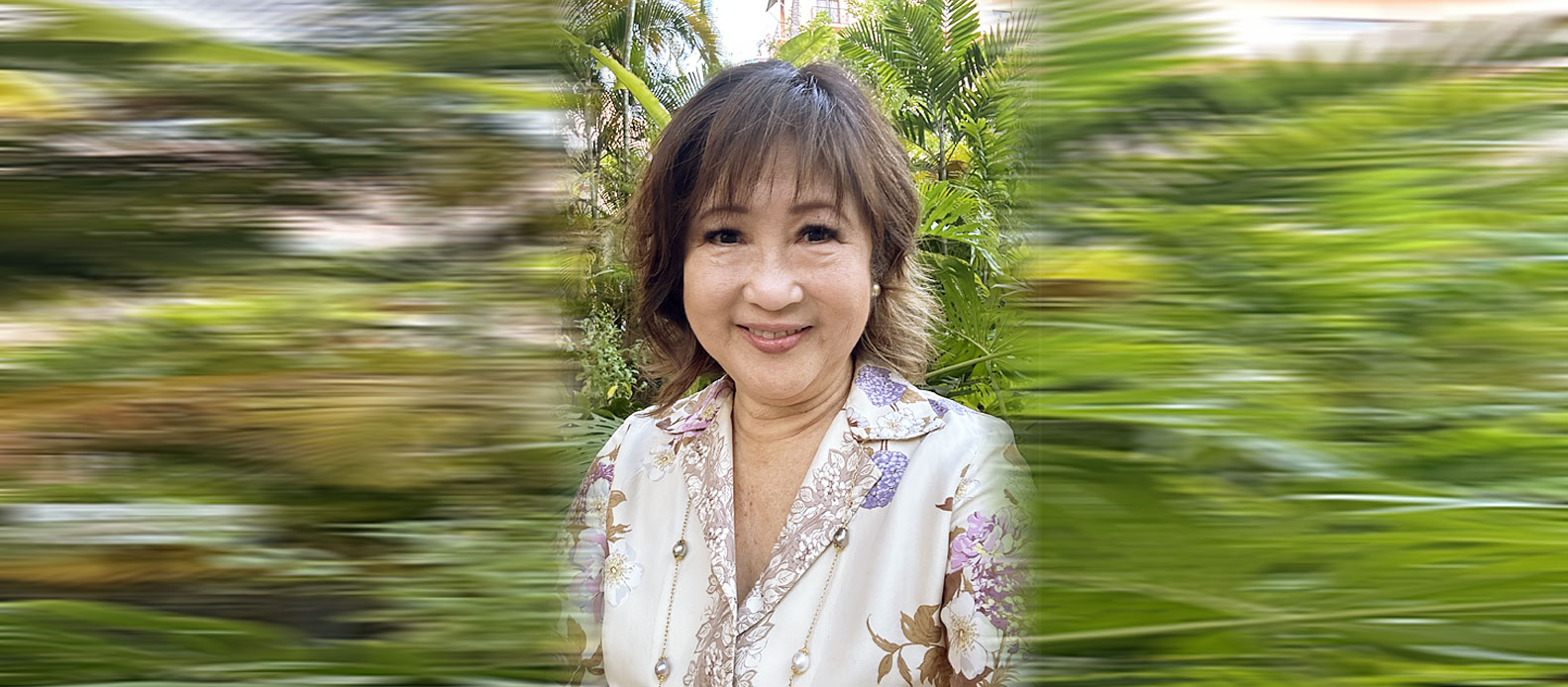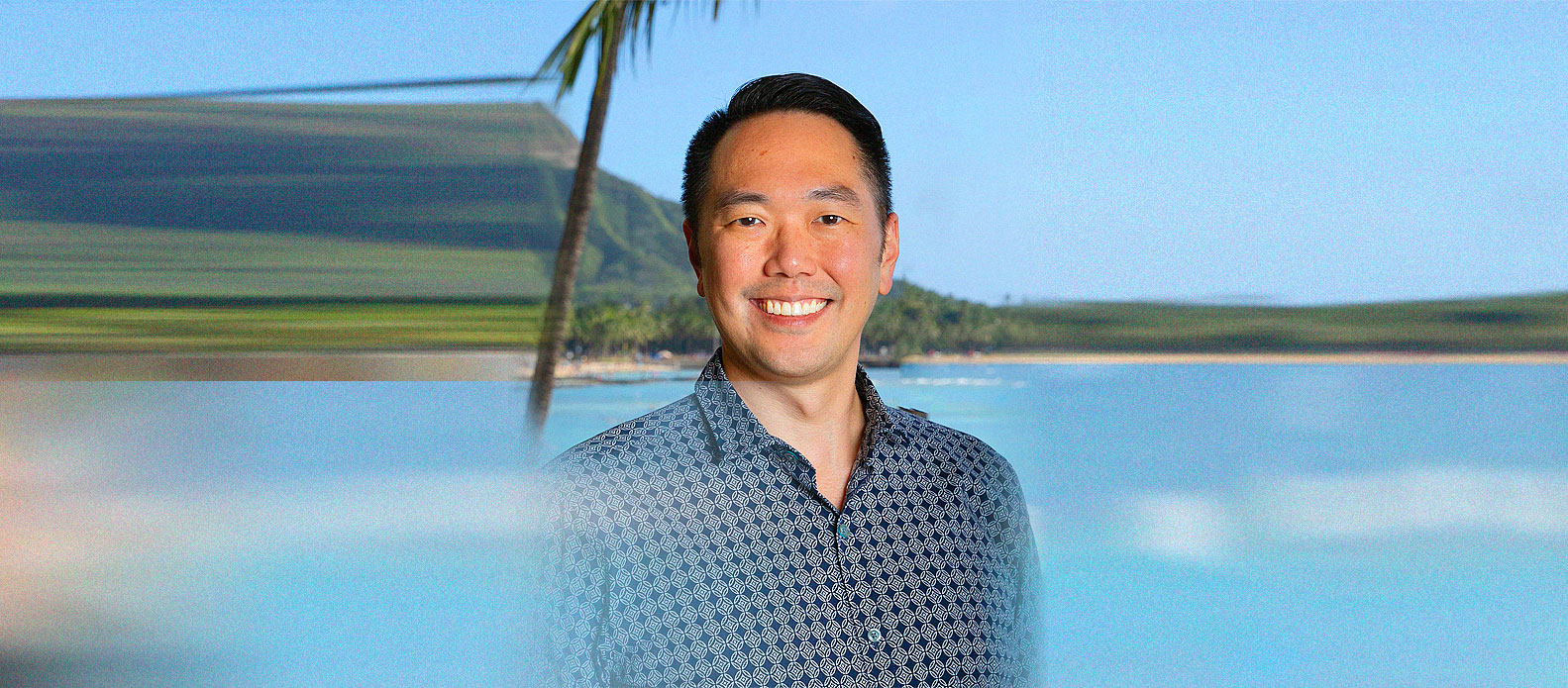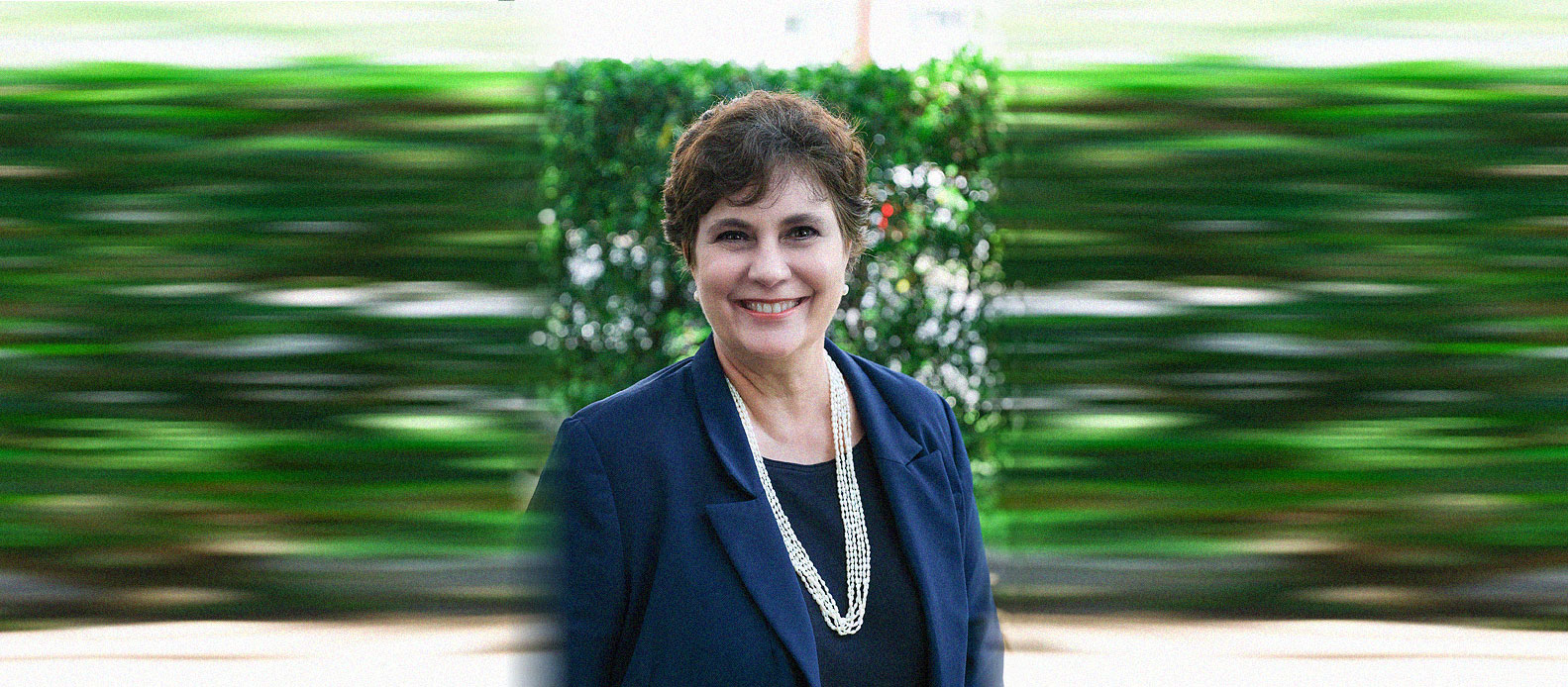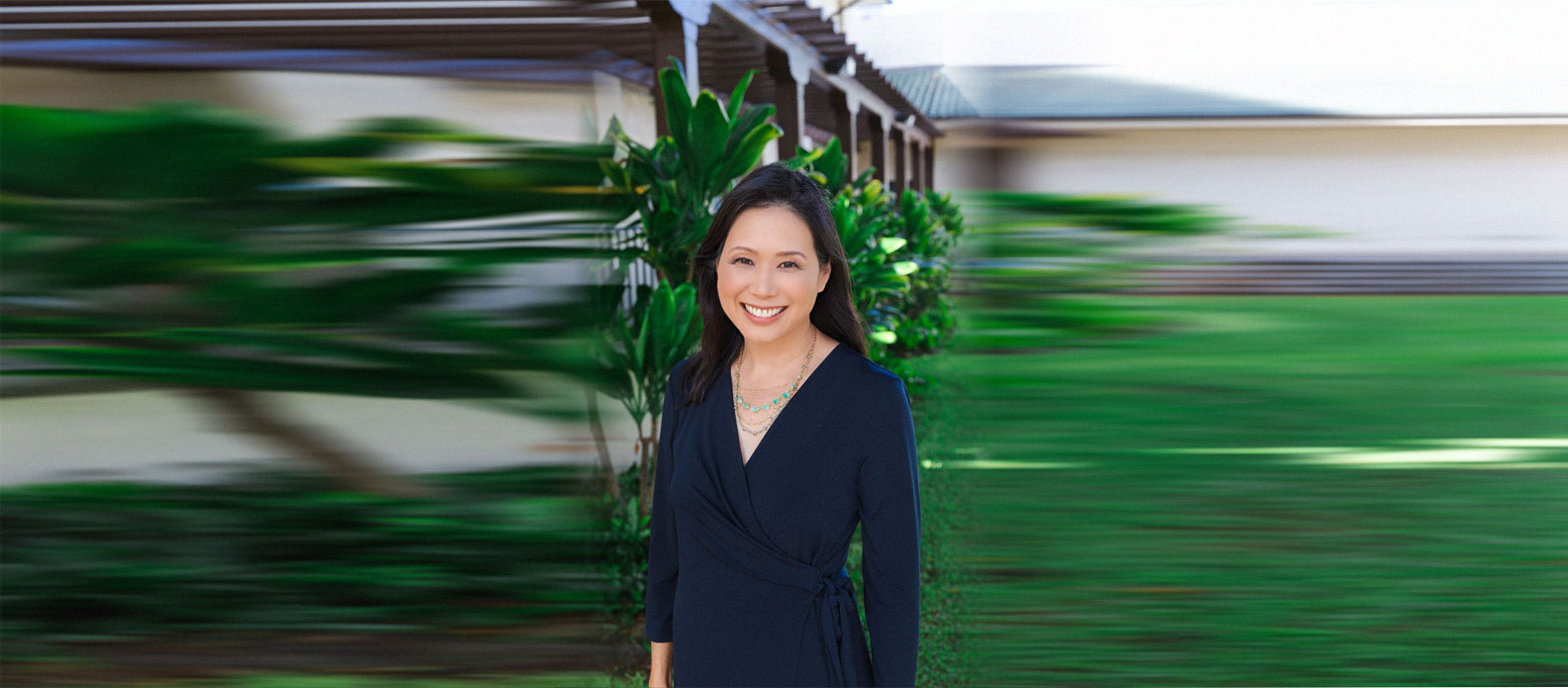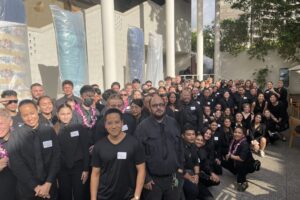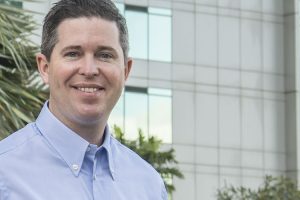In the next 10 years, what do you hope to see in your industry?
I hope that students will select problems to tackle and solve in life, caring about the generations to come as if they are caring for their own family and friends. I hope they persevere through difficulty, attempting to use their knowledge and values-based experiences to take on tough challenges. In Hawai‘i, that could involve the formulation of strategies to prevent brain drain, ensure affordable housing and fair wages, and instill accountability as stewards for our precious land and other resources.
I also hope to see a higher education environment filled with students from a variety of backgrounds, experiences, and interests. In higher education, diversity furthers the values of academic freedom and equal protection. A diverse student body can help to enhance critical thinking skills and self-confidence, promote integration, diminish stereotypes, hone leadership skills, improve the ability of students from all backgrounds to participate in an educational community, and prepare students to work in an increasingly diverse society.
Specifically, for Gen Z (aka, “Coronials”), I hope these students will dig deep, step up to civic responsibilities, show some grit, and thrive. Gen Z has normalized their feelings of anxiety; the long-term repercussions of this have yet to be seen.
What do you love most about your job?
I love that we are educating generation after generation and that we are doing so intentionally with the values of aloha, pono, kuleana, and ‘ohana in mind. I welcome the weight of this responsibility. Our students will need critical thinking, emotional intelligence, and grit to navigate, and we are farmers to that potential.
I also love that I am surrounded by lifelong learners and that student success is at the heart of everything we do.
What are some of the biggest challenges facing your industry?
Our emerging adults are questioning the return on investment for a degree when the need for post-secondary education has never been stronger. In an era of innovation and digitalization, with vast amounts of information literally at their fingertips, our students still need mindful interpretation of information and safe places for discourse.
Today’s youth must catalogue and consider so much more information, often from less-than-credible sources. There is a mass of problems and tension weighing on their shoulders; in an educational environment we are here to help shoulder that weight, act as interpretive guides and mentors, and help set high expectations while communicating our belief that our students can accomplish those expectations. In the higher education environment, our students learn to solve real life problems, build lasting relationships, have ownership and accountability, make connections, and acquire a-ha moments through experiences.
What has been the biggest sacrifice you’ve made for your career?
Nothing comes to mind. For everything I do in furtherance of my profession—whether in education, the law, or public service—I look through the eyes of my own children. I think about what impact an action may have on them, on Hawai‘i, and on the world. I will follow my true North and strive to add value in life. I am so grateful that this path has not involved feelings of sacrifice on my part.
What has been the biggest reward?
Paying it forward and empowering learners has been the biggest reward. I can contribute to learning directly as a lecturer and a mentor. I can also contribute as an administrator by way of programs and policies. Either way, my soul is fed when I see moments of realization, traction, and progress. Whether it was contributing to the creation of a STEM conference for women of color and a corresponding camp for girls, or coordinating a compliance education program for nonprofits during the peak of the COVID-19 pandemic, it has been rewarding to know that through education we can overcome challenges, improve lives and systems, and leave a habitable and hopeful world for our children.
What makes you stand out as a leader?
I am not sure that I stand out. There are so many quality leaders at all levels of an organization, with everyone doing so much for our collective well-being. I tend to lead from the back but will be out front in the face of confrontation or criticism.
If I had to lean into the premise of this question, I suppose I would say that I appreciate the unique gifts everyone can bring to the table and I enjoy drawing out these strengths. If you speak in Strengths Finder terms that is dubbed, “individualization.” I appreciate our innate differences, styles, and motivations and believe this will lead to enhanced discourse and problem-solving. I also look at long- and short-term goals simultaneously, and love to envision and map out better futures with others. Practically speaking, that means I like to draft future annual or multi-year reports in past tense so the acquisition of these goals is as vivid and as hopeful as possible while still leaving room for interpretation.
I also have hope that we can create a better future. Giving up is not an option.
What failure taught you the biggest lesson?
During law school, I accepted a summer internship at a federal agency in Washington, D.C. I recall going to the cafeteria and needing to get back to the office right away. A pair of employees were walking slowly up a set of stairs so I ascended to the left of them and took the stairs two at a time. I recall a man muttering, “You know, in this country we walk on the right.” His female colleague—about a generation older—said, “Shh, don’t say that.”
It may have been the immediate chastising given by the female colleague. Or perhaps it was my green disposition in the face of perceived authority figures. I swallowed my objection and moved on.
This is not the worst example of discrimination that I have faced in life, but I did regret my silence. I learned that sometimes you need to find courage to speak up in the moment. Sometimes your voice will help another. That single moment also taught me about internal locus of control versus external locus of control; sometimes silence can give the upper hand to an external factor when you need to control your own destiny.


